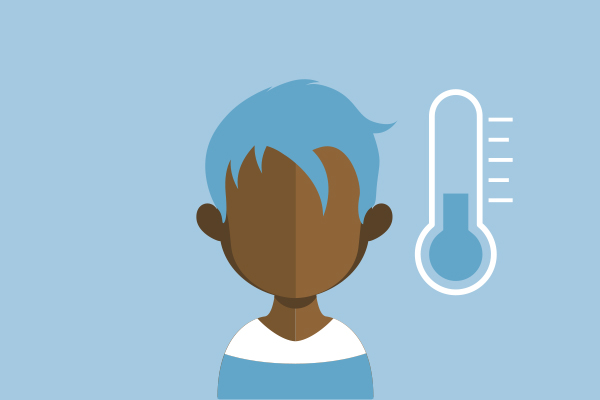Teachers participate in an experiential workshop focusing on the concept of cooperation, one of the central principles and values of Peace and Inclusive Education.
For the teachers to:
- collaborate with each other, putting aside the stress of competition and achieving victory,
- cultivate positive attitudes and behaviors, focusing on the value of “playing together” and “working together”,
- come together and communicate,
- be trained in the experiential learning method.
- recognize the value of teamwork and cooperation,
- invent ways of being creative within the framework of certain rules,
- work creatively with their colleagues as teammates,
- be more interested in applications of experiential learning in teaching at their school.
Steps
- The action is initiated by the teachers. The facilitation of the workshop can be done by a teacher with training or other experience in experiential learning or by an external collaborator of the school. The teachers’ council is informed and the realisation of the activity is agreed upon. The interested teachers register their participation.
- The teacher(s) in charge set the date(s) when the activity will take place, as well as its location. If the facilitator is an external partner, an agreement is made and the place, time and duration of the activity are defined. The workshop takes place. The trainers can use the following introduction and subsequent activities, but can also vary them (depending on the experience of the facilitator, the relationships in the group, the experience of the group in related activities, etc) while maintaining the spirit and structure of the workshop.
- Activity 1: Which country are you? The members of the group stand up and form a circle. Each person introduces himself/herself by mentioning a country beginning with the same letter as his/her first name (the group and the trainer help if someone cannot think of a country). After everyone has chosen a country, a team member chooses one of the other countries, and the two swap places with each other. The aim of the exercise: to break the ice.
- Activity 2: Let anyone who… The members of the group stand in a circle. One person steps into the center of the circle. S/he starts a sentence with “Let anyone who… change places” and inserts something that applies to him or her (something that may or may not be visible on the outside but is true). If what was said applies to one or more people in the circle, they move to the place that was left behind by the person in the center. As there is always one less place, the one left in the center without a place continues the game. (description from “It could be me – it could be you”). The aim of the exercise: to share common characteristics and elements, to build a climate ofsafety and trust, to have fun, to get to know each other better.
- Activity 3: Who is the leader? One member of the group leaves the room, and the others decide on a leader. The group must follow the leader’s movements. The one who is absent returns and tries to guess who the leader is. The team tries to find ways to prevent him/her from noticing the leader. Aim of the exercise: to develop the participants’ sense of “togetherness”, teamwork and working towards a common goal.
- Activity 4: One to Ten. The group stands in a circle. The aim is to manage to count from 1 to 10 as a group. The following rules apply: No prior agreement during the exercise. The numbers must be spoken in order (1,2,3,4…). Each number must be said by one person at a time. If it is said by more than one person, the count must be restarted. Follow with a reflective discussion focusing on the skills that each participant used to achieve the result, how they felt in the process etc. Aim of the exercise: to make the participants aware of their personal contribution, to develop collaboration and group perception.
- Activity 5: Final reflection – Discussion. The trainer and the participants sit or stand in a circle, discussing the activities they have carried out. What did they learn? How did they feel? What was the value of the competition? How can we cultivate these values in our lives? How can we cultivate them in our students and the school in General? What are the possible difficulties that may arise? How can these difficulties be overcome? Aim of the exercise: to take stock, make sense of the exercises and relate them to life and everyday life. Suggested next step: Αctivity No students left out.
Evaluation
Reflective discussion at the end of the workshop.

Duration: 120 minutes
Materials – Resources: Indicative resources for theater and other activities to raise awareness on human rights and refugee issue:
- “It could be me – it could be you” Theater-pedagogical activities for raising awareness on human rights and
- refugee issues – Panhellenic Network for Theatre in Education, Editing Nasia Holeva, available here.
- “Experiential learning activities on human and refugee rights (6 – 18 years old)” – UNHCR





